São Paulo – Tunisia is one of the world’s leading producers of olive oil, for which it is internationally acclaimed. The country ranks fifth in global date production and grows some of the finest types on oases. With this expertise and supplying other food items like famed Maghreb spice harissa, Tunisian companies exhibit next week at the biggest food and beverage trade show in Latin America, the APAS Show, to take place in São Paulo, Brazil.
“Tunisia decided to participate in 2024’s APAS Show in São Paulo, because it believes its products can entice Brazilian consumers, who are eager for quality. Furthermore, these products will build bridges to present Tunisia and its cultural traits, as they are a key feature of the Tunisian cultural heritage,” Tunisia’s ambassador to Brazil, Nabil Lakhal, told ANBA.
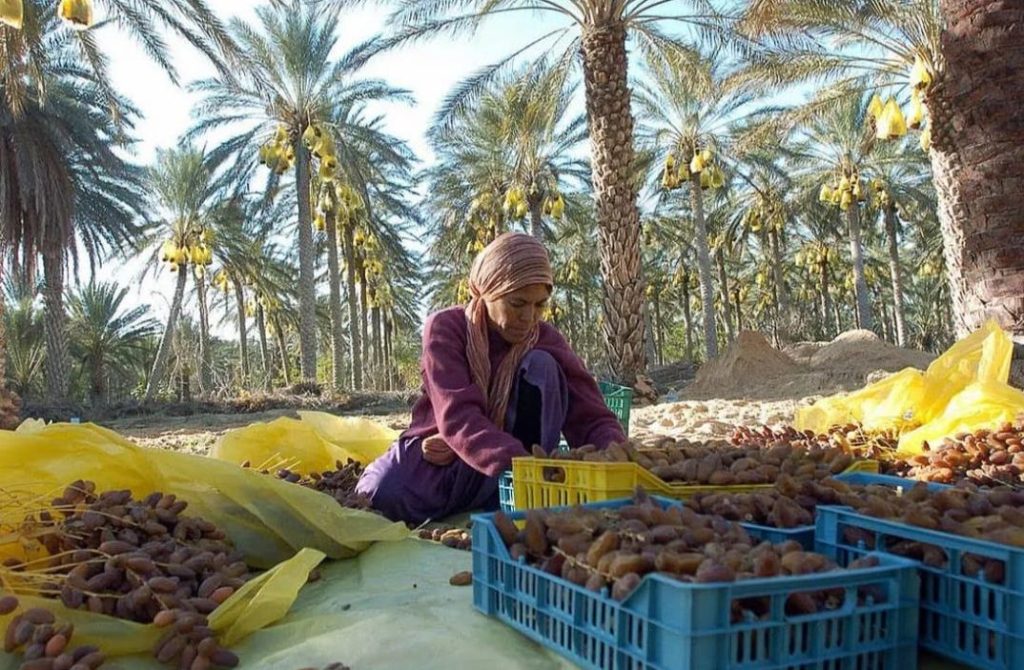
Five Tunisian companies will exhibit in a space organized by the Arab-Brazilian Chamber of Commerce (ABCC) at APAS. They are Al Jazira and I3C – which supply mostly olive oil, although I3C+ will also bring harissa paste and harissa pickled veggies –and CBF Plus, Nouri Dates and FIT will exhibit mostly dates. Ambassador Lakhal will oversee the Tunisian participation in the trade show in São Paulo.
“All these Tunisian products have international quality certifications and succeeded in reaching international markets in Europe, Asian, the Arab world, and North America. They are highly demanded by consumers from these regions and have started breaking into the Brazilian market. We hope to elevate them to the position they deserve in this promising market,” says Lakhal. Tunisia has worked for bringing other products into Brazil, like unique orange varietals such as Maltaise de Tunisie.
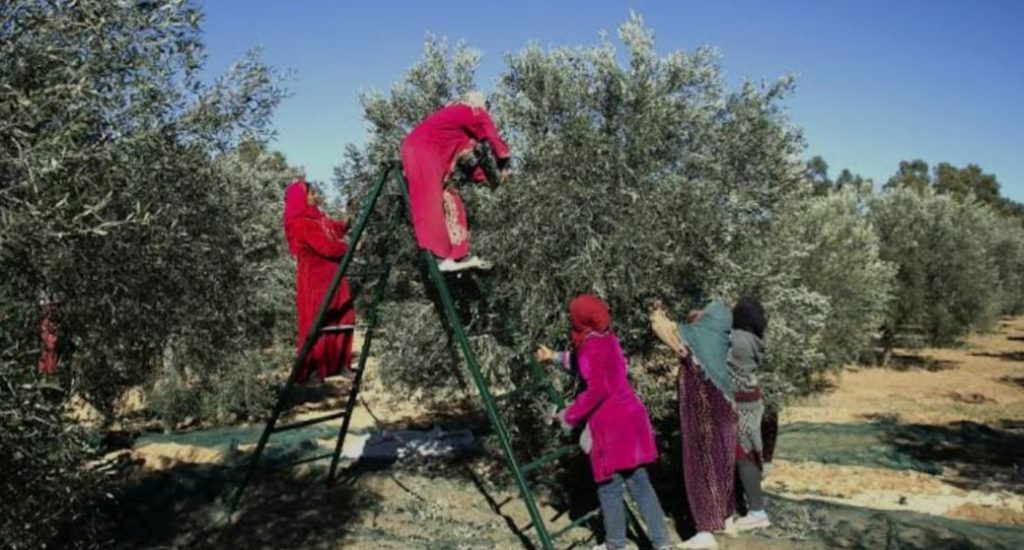
With approximately 70 million olive trees, Tunisia makes 240,000 tonnes of olive oil per year, and last year alone it won 300 golden medals in international competitions. A member of the International Olive council and compliant to international quality and safety standards, Tunisia seeks to raise the value of these production with the creation by its Ministry of Agriculture, Water Resources and Fisheries of high-tech specialty laboratories focusing on quality.
Tunisian dates also stand out in the foreign market. Exhibiting companies at APAS are exporters. The Arab country exports some 25 million tonnes of dates per year, accounting for roughly 11% of the global production. Ambassador Lakhal highlights the Tunisian production of the Tunisian Daglet of Light date, which he says, “abounds in el-Djerid’s oases and southern Tunisia and are embraced by Tunisian men and women who are attached to the goods of their land are determined to promote them worldwide.”
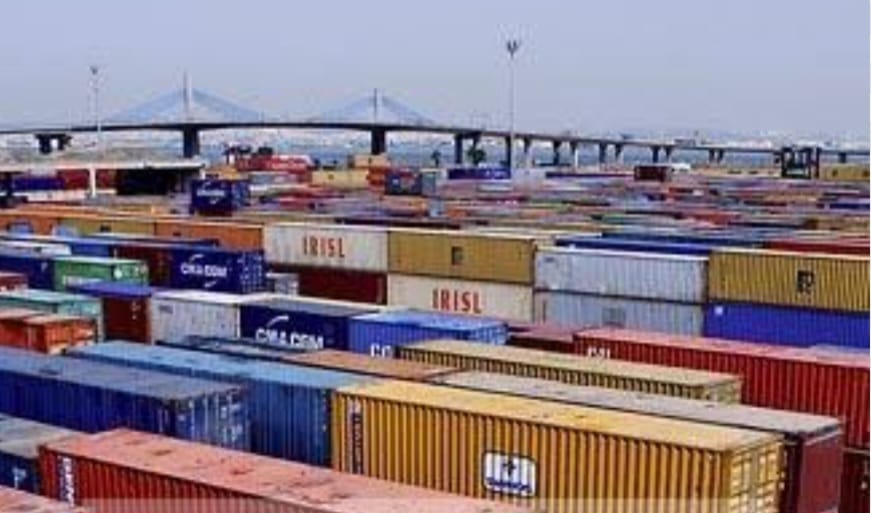
The Tunisian participation at APAS is part of a cooperation with the ABCC. “Our most relevant partner in Brazil,” says the ambassador. “This year’s participation at APAS will be different from previous editions, as the Embassy of Tunisia in Brasília, in coordination with the Minister of Foreign Affairs, Migration and Tunisians Abroad and the Tunisian Export Promotion Center (CEPEX), alongside the ABCC, has prepared since the year started, inviting Tunisian exporting companies to the event,” he says.
The ambassador says the invitation was very welcomed by exporters and his country’s participation at APAS has become a tradition. They will be in the White Pavilion. Lakhal says Tunisia has worked towards diversifying its economic partners and breaking into new markets, including Brazil. APAS, he says, offers a valuable opportunity to contact suppliers and major commercial centers and retailers in Brazil, particularly in the state of São Paulo, the beating heart of business in Brazil and Latin America.
“We hope this participation help us raise the level of Tunisian exports to Brazil, and we believe these Tunisian products are strong competition, not only foodstuffs but also industrial, technological and finished goods like fertilizers and phosphate products,” the ambassador says. He points out that Tunisia is a leading producer of phosphate and phosphate producers worldwide and says that a Brazilian delegation will soon go to Tunisia to discuss this trade.
Tunisia’s office in São Paulo
Tunisia will soon open a consular and commercial office in São Paulo that will be tasked with caring for the Tunisian community living in the state and promote exchanges, according to Ambassador Lakhal. He points out that Brazil and Tunisia have had diplomatic ties since 1956, the year of the Tunisian independence, and maintained the existing relations across all levels and fields. “So, we’re committed to further strengthen these relations in the coming period, through the highest-level visits and the strengthening of consultations on all issues of common interest,” he says.
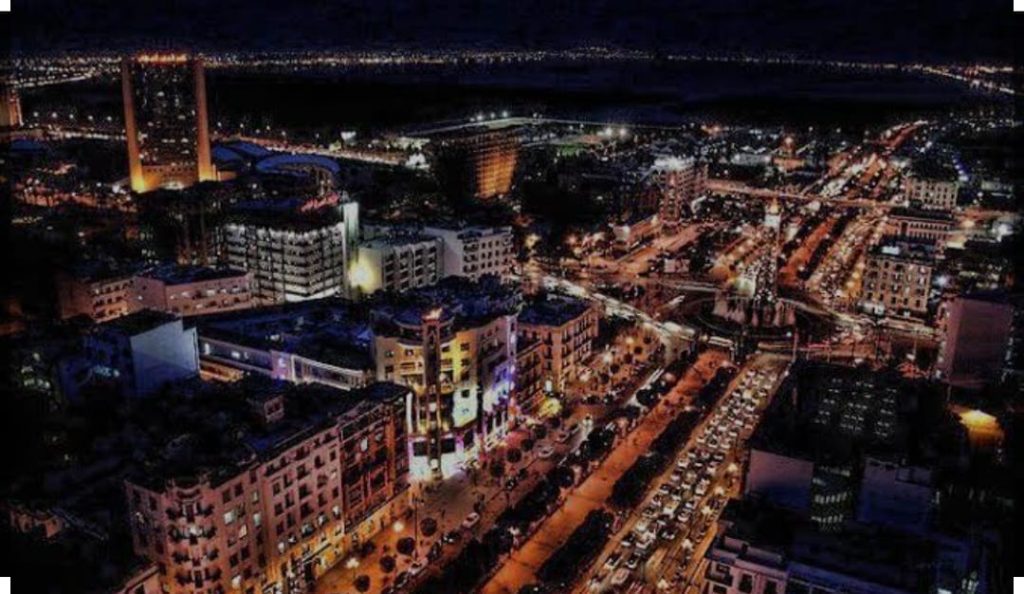
According to the ambassador, Tunisia’s presence in major events in Brazil like APAS offers opportunities for Tunisians to connect with Brazilian counterparts, strike partnerships and open up wider horizons for fruitful cooperation between the countries based on mutual interest and gains. He also invites Brazilians to participate in exhibitions in Tunisia and get familiar with the opportunities and incentives offered to foreign investors. Lakhal describes this as an opportunity to access regions with which the Arab country has agreements such as the Common Market for Eastern and Southern Africa (COMESA), the Agadir Agreement, and the European Union.
“Tunisia, which gave its name to the African continent, is also its gateway, qualified due to its remarkably strategic geographic location between three continents – Africa, Asia and Europe – which makes it a unique destination for Brazilian investors across all fields and the possibility to tap into the European market, too, due to its proximity, and the Arab market as whole to establish uniquely fruitful partnerships,” he says.
Learn more about Tunisia through the photo gallery below:
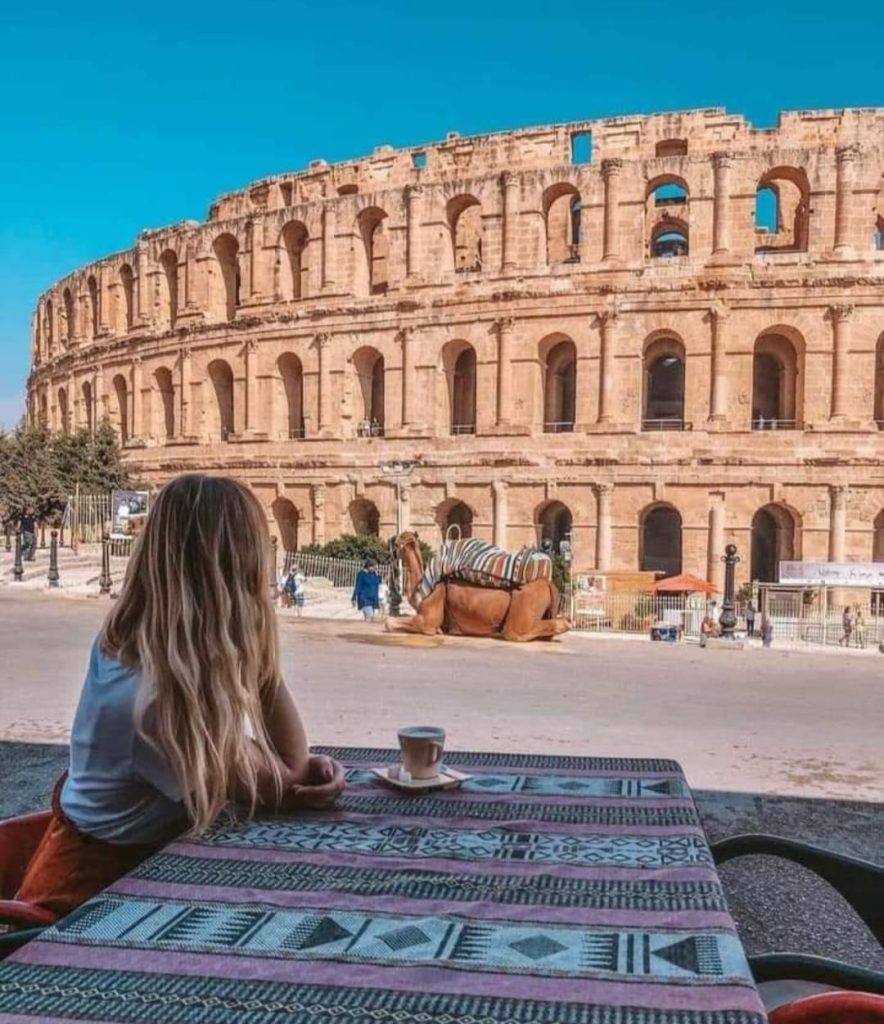

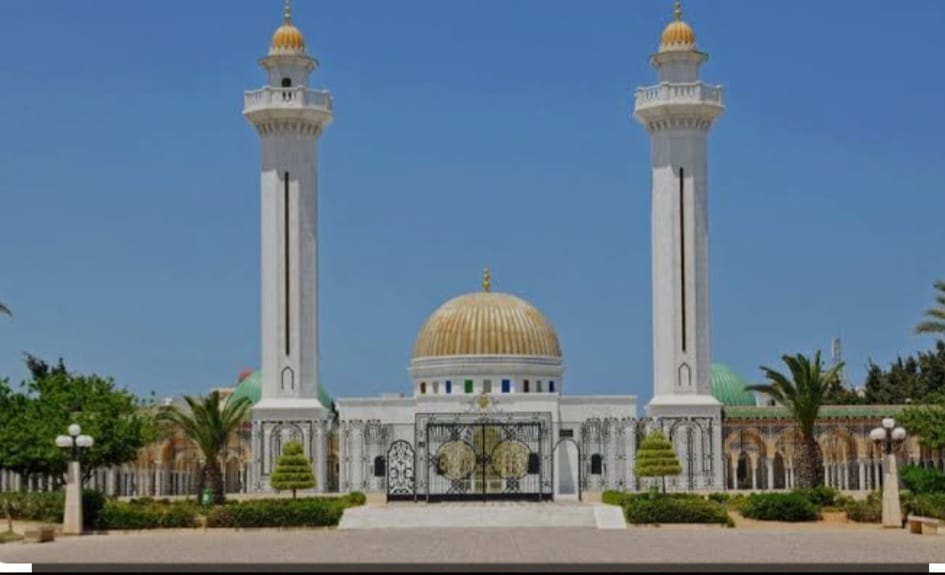

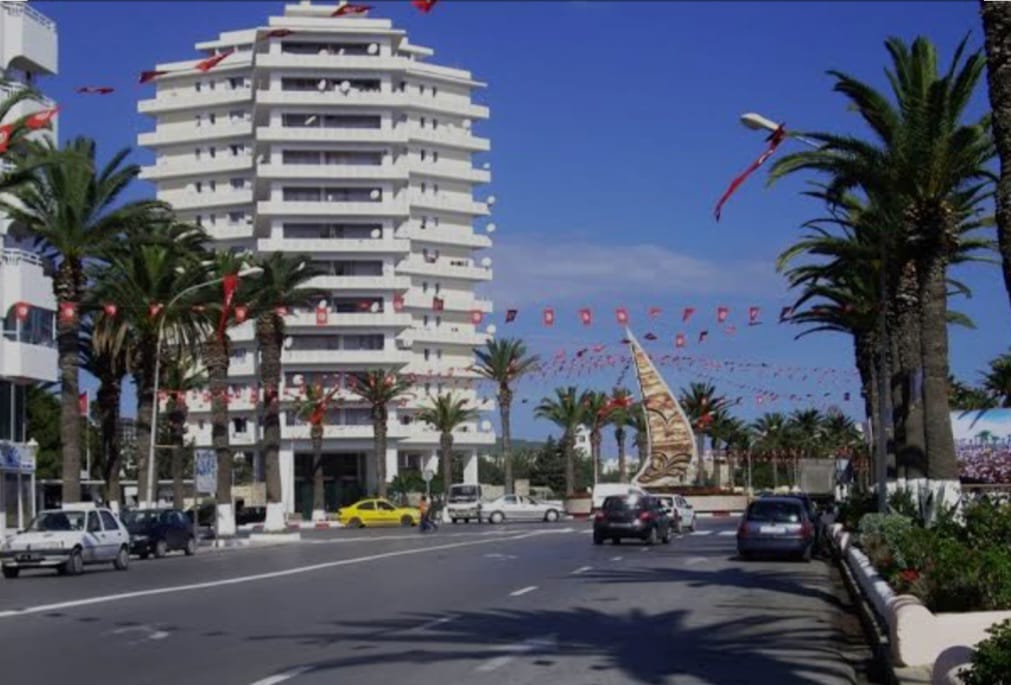
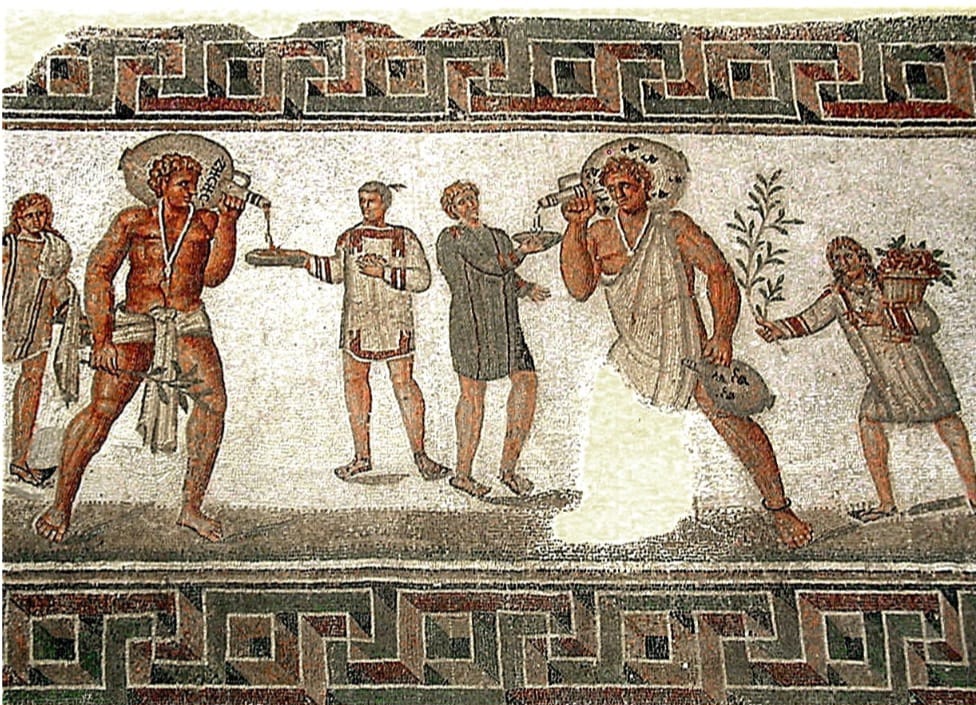
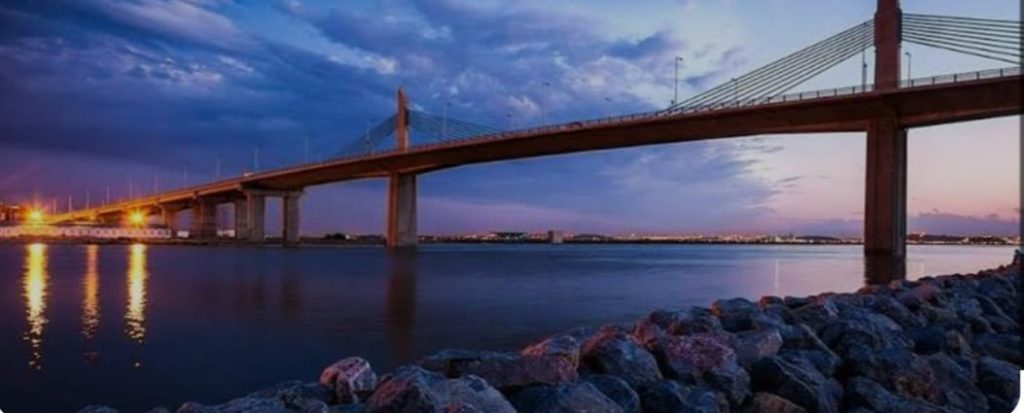
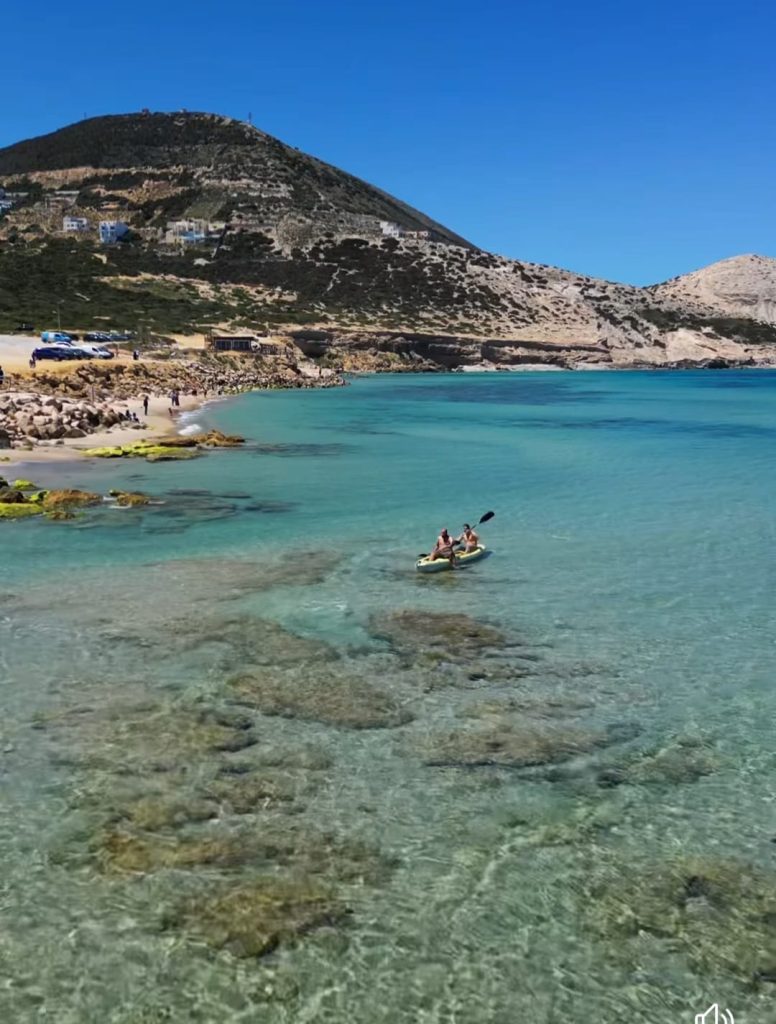
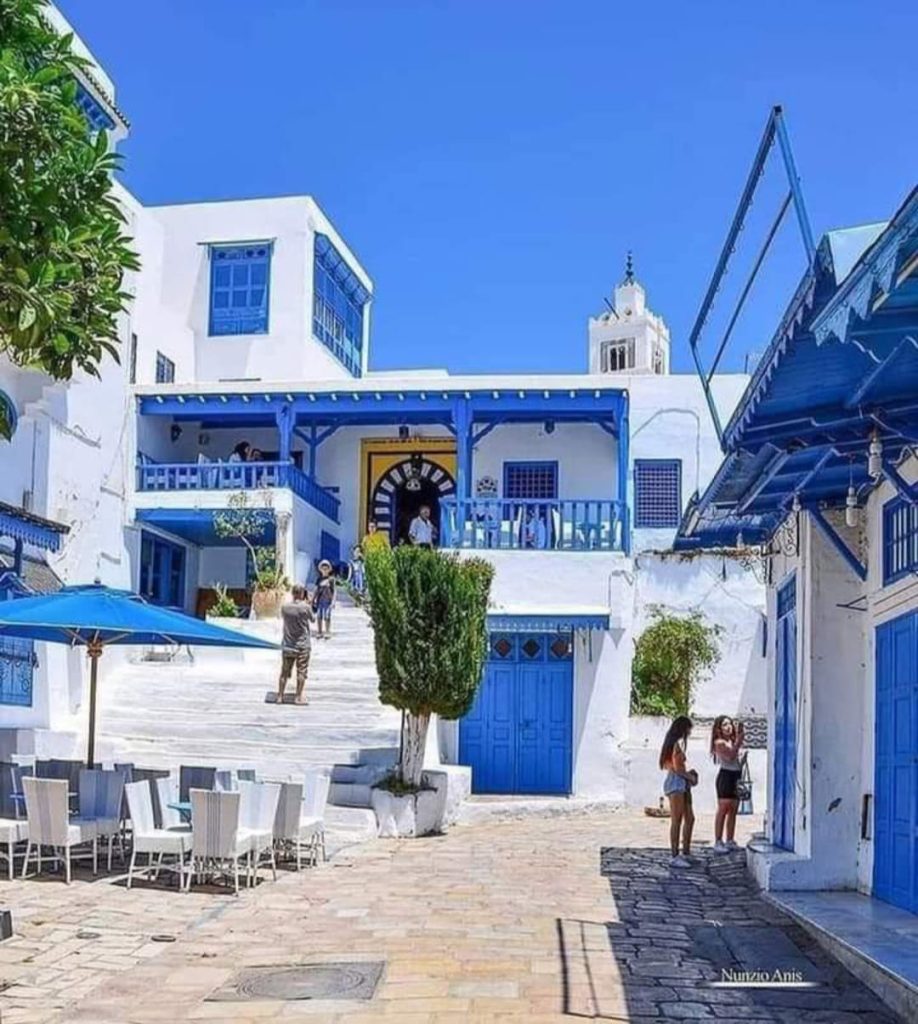
Translated by Guilherme Miranda




